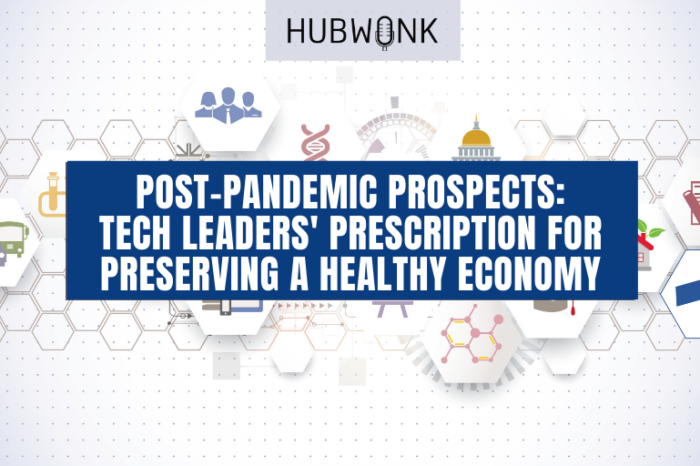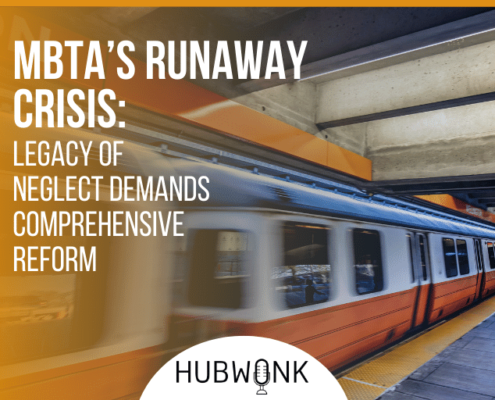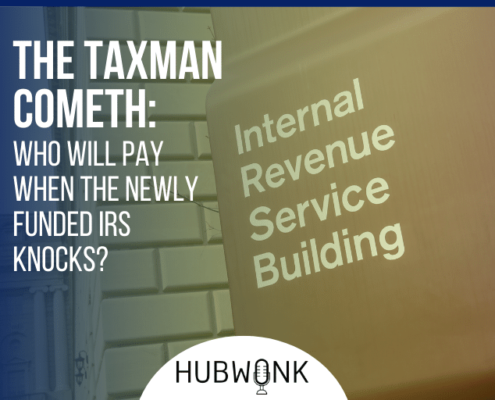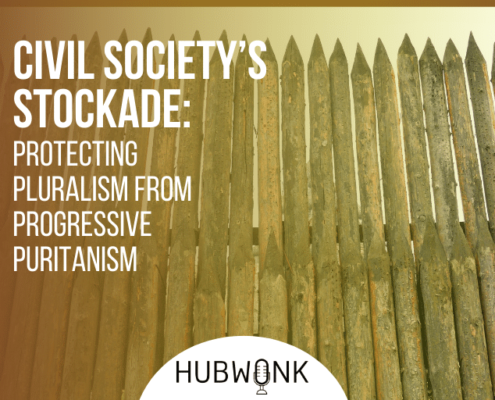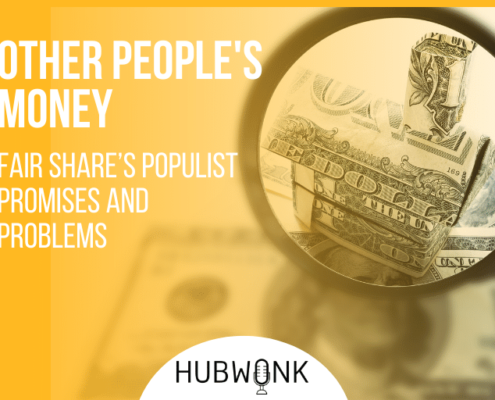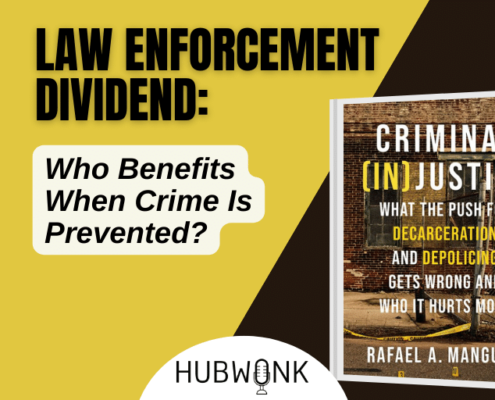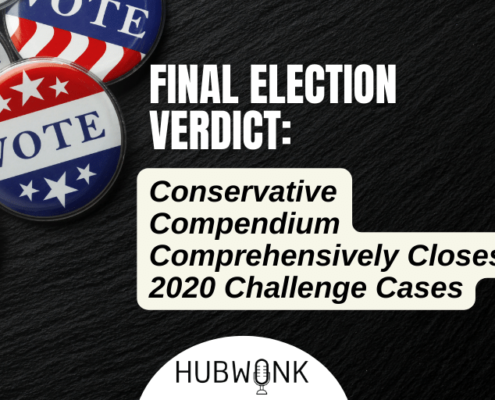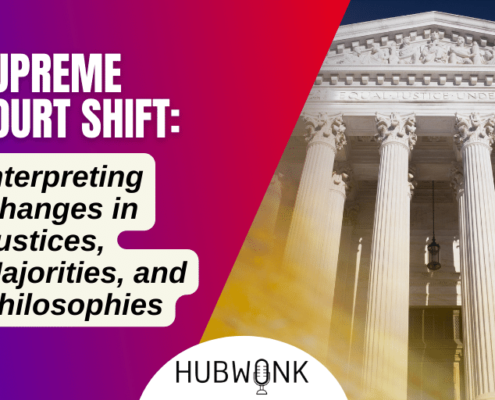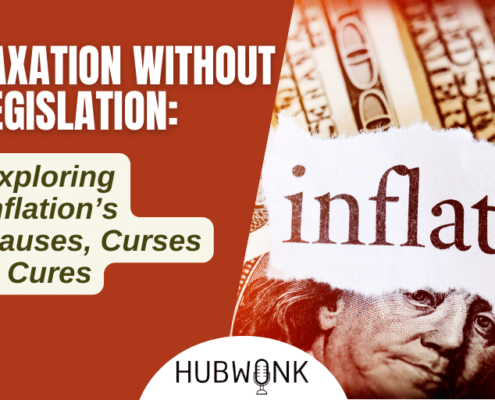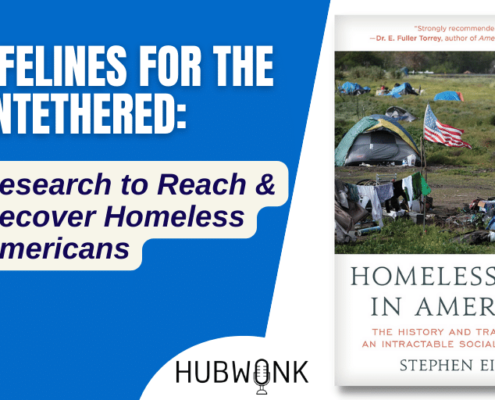Post-Pandemic Prospects: Tech Leaders’ Prescription for Preserving a Healthy Economy
Host Joe Selvaggi talks with Chris Anderson, President of the Massachusetts High Technology Council, about the reasons why Massachusetts has a thriving tech sector, what challenges his members have faced in the pandemic, and what he sees as the most prudent path toward future prosperity in the commonwealth.
Guest:
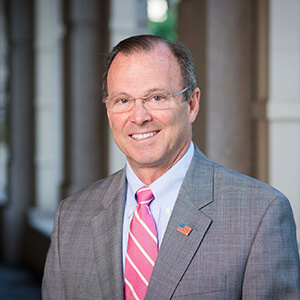 Christopher R. Anderson is president of the Massachusetts High Technology Council, Inc. Before becoming president in January 2001, he served as vice president and general counsel for the Council. In January 2006, Mr. Anderson was appointed to serve as a member of the state Board of Education (BOE), the nine-member panel that oversees state K-12 education policy. From November 2006 through August 2007, he served as Chairman of the BOE, an appointment designated by former Massachusetts Governor Mitt Romney. Mr. Anderson graduated from Lexington High School in Lexington, MA. He holds a bachelor of arts degree from the University of Notre Dame, and a law degree from Suffolk University School of Law.
Christopher R. Anderson is president of the Massachusetts High Technology Council, Inc. Before becoming president in January 2001, he served as vice president and general counsel for the Council. In January 2006, Mr. Anderson was appointed to serve as a member of the state Board of Education (BOE), the nine-member panel that oversees state K-12 education policy. From November 2006 through August 2007, he served as Chairman of the BOE, an appointment designated by former Massachusetts Governor Mitt Romney. Mr. Anderson graduated from Lexington High School in Lexington, MA. He holds a bachelor of arts degree from the University of Notre Dame, and a law degree from Suffolk University School of Law.
Get new episodes of Hubwonk in your inbox!
Recent Episodes

